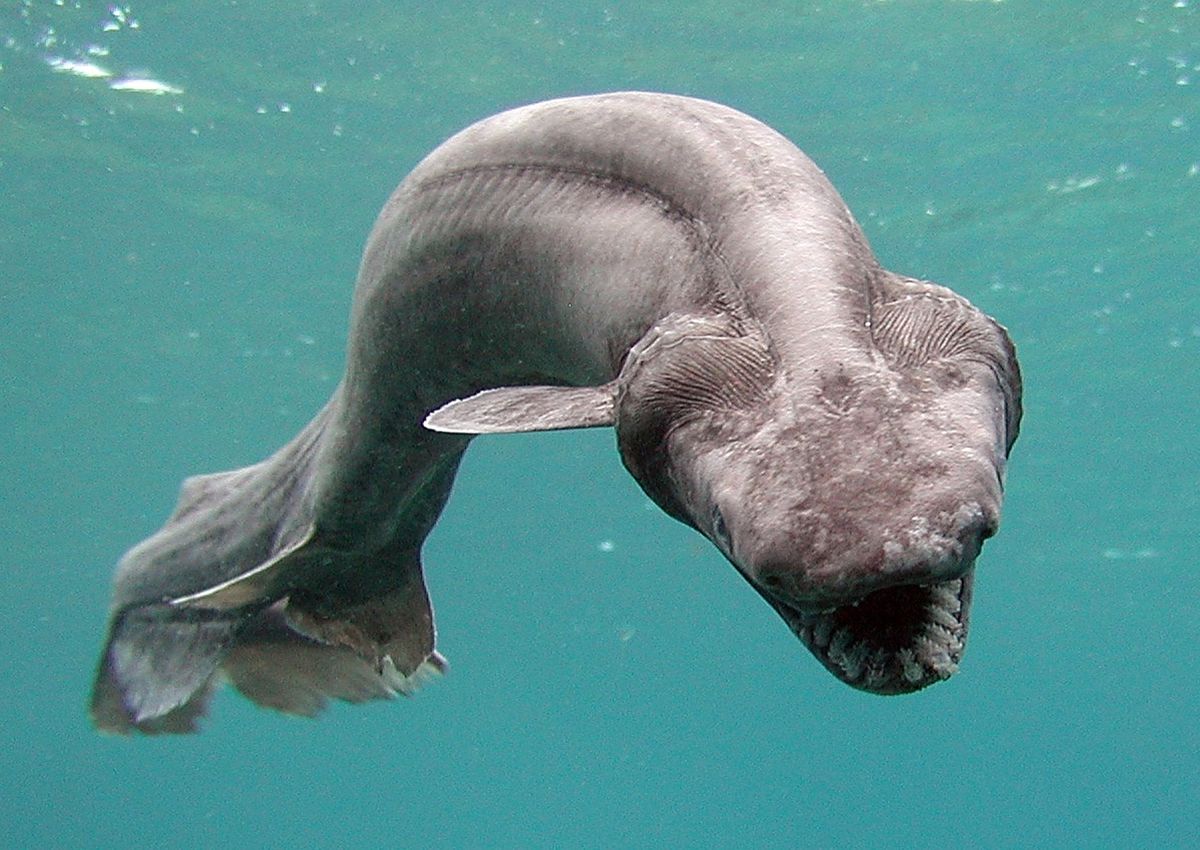
Celebration, Florida is a unique town with a fascinating history. Did you know it was originally developed by The Walt Disney Company? This charming place combines small-town vibes with modern amenities, making it a popular spot for both residents and visitors. From its meticulously planned streets to its vibrant community events, Celebration offers a glimpse into what a perfect town might look like. But there's more to it than meets the eye. Whether you're curious about its architectural styles, the annual events that draw crowds, or the hidden gems that locals love, this list of 27 facts will give you a deeper appreciation for this magical town. Ready to learn more? Let's dive into the enchanting world of Celebration, Florida!
Key Takeaways:
- Celebrations come in many forms, from birthdays to cultural festivals, and they often involve food, music, and traditions that reflect the values and identity of different cultures around the world.
- Whether it's marking achievements, expressing love, or honoring the changing seasons, celebrations play a vital role in bringing people together and creating meaningful connections through shared experiences.
What is Celebration?
Celebration is a planned event or gathering where people come together to mark a special occasion or achievement. These events can be personal, cultural, or even national. Let's dive into some fascinating facts about celebrations around the world.
-
Birthdays are one of the most common celebrations globally. Different cultures have unique ways of marking this special day.
-
New Year's Eve is celebrated with fireworks in many countries. Sydney, Australia, is famous for its spectacular display.
-
Christmas is celebrated by Christians worldwide to commemorate the birth of Jesus Christ. It often involves gift-giving, feasting, and decorating trees.
Unique Cultural Celebrations
Every culture has its own unique celebrations that reflect its traditions and values. These events often include music, dance, and special foods.
-
Diwali, the Hindu festival of lights, symbolizes the victory of light over darkness. It involves lighting oil lamps, bursting fireworks, and sharing sweets.
-
Hanukkah is a Jewish festival lasting eight days, celebrating the rededication of the Second Temple in Jerusalem. It includes lighting a menorah and playing dreidel games.
-
Chinese New Year is marked by dragon dances, red envelopes filled with money, and elaborate feasts. It is the most important holiday in China.
Historical Celebrations
Some celebrations have historical significance and are observed to remember important events or figures.
-
Independence Day in the United States is celebrated on July 4th with fireworks, parades, and barbecues, marking the country's independence from Britain.
-
Bastille Day in France, celebrated on July 14th, commemorates the French Revolution. It includes fireworks, parties, and a military parade.
-
Cinco de Mayo celebrates the Mexican victory over the French at the Battle of Puebla. It is more widely celebrated in the United States than in Mexico.
Food and Drink in Celebrations
Food and drink play a crucial role in many celebrations, often symbolizing abundance and joy.
-
Thanksgiving in the United States involves a feast with turkey, stuffing, and pumpkin pie, celebrating the harvest and blessings of the past year.
-
Oktoberfest in Germany is the world's largest beer festival, featuring traditional Bavarian music, food, and, of course, beer.
-
Mardi Gras in New Orleans is famous for its parades, masks, and king cakes, marking the last day before Lent in the Christian calendar.
Celebrations of Love
Love is a universal theme, and many celebrations revolve around expressing love and affection.
-
Valentine's Day on February 14th is celebrated by exchanging cards, flowers, and chocolates to show love and appreciation.
-
Weddings are grand celebrations of love and commitment, often involving elaborate ceremonies, receptions, and traditions unique to each culture.
-
Anniversaries mark the passage of time in a relationship, often celebrated with gifts, special dinners, or trips.
Celebrations of Achievement
Achievements, whether personal or communal, are often celebrated to recognize hard work and success.
-
Graduations mark the completion of an educational journey, celebrated with ceremonies, caps, and gowns.
-
Award Shows like the Oscars or Grammys celebrate achievements in film and music, featuring glamorous red carpets and acceptance speeches.
-
Sports Championships are celebrated with parades, trophies, and parties, recognizing the hard work of athletes and teams.
Nature and Seasonal Celebrations
Nature and the changing seasons inspire many celebrations around the world.
-
Earth Day on April 22nd promotes environmental awareness and protection, often involving community clean-ups and tree planting.
-
Harvest Festivals like Thanksgiving or Lammas celebrate the bounty of the harvest season with feasts and gratitude.
-
Spring Festivals like Holi in India celebrate the arrival of spring with colors, music, and dancing.
Celebrations of Life and Death
Life and death are profound events that are often marked with special ceremonies and traditions.
-
Funerals are solemn celebrations of a person's life, often involving rituals, eulogies, and gatherings of family and friends.
-
Day of the Dead in Mexico is a vibrant celebration honoring deceased loved ones with altars, marigolds, and sugar skulls.
-
Baptisms and Naming Ceremonies celebrate the arrival of a new life, often involving religious or cultural rituals.
Celebrations of Identity
Identity and heritage are celebrated through various events that highlight cultural pride and diversity.
-
Pride Parades celebrate the LGBTQ+ community, promoting acceptance and equality with colorful parades and events.
-
Black History Month in February celebrates the contributions and history of African Americans with events, lectures, and performances.
-
Indigenous Peoples' Day honors the history and culture of Indigenous peoples, often involving traditional dances, music, and storytelling.
Final Thoughts on Celebrations
Celebrations bring people together, creating memories that last a lifetime. From birthdays to national holidays, these events mark significant moments in our lives. They offer a chance to reflect on achievements, honor traditions, and enjoy the company of loved ones. Whether it's a small family gathering or a grand festival, the essence of celebration lies in the joy and unity it fosters.
Understanding the history and customs behind various celebrations can deepen our appreciation for these special occasions. It reminds us of the diverse ways people around the world find happiness and meaning. So next time you celebrate, take a moment to think about the rich tapestry of traditions that make these moments so special.
Remember, every celebration, big or small, is an opportunity to connect, reflect, and rejoice. Embrace the spirit of celebration and cherish the moments that bring us all closer together.
Frequently Asked Questions
Was this page helpful?
Our commitment to delivering trustworthy and engaging content is at the heart of what we do. Each fact on our site is contributed by real users like you, bringing a wealth of diverse insights and information. To ensure the highest standards of accuracy and reliability, our dedicated editors meticulously review each submission. This process guarantees that the facts we share are not only fascinating but also credible. Trust in our commitment to quality and authenticity as you explore and learn with us.


